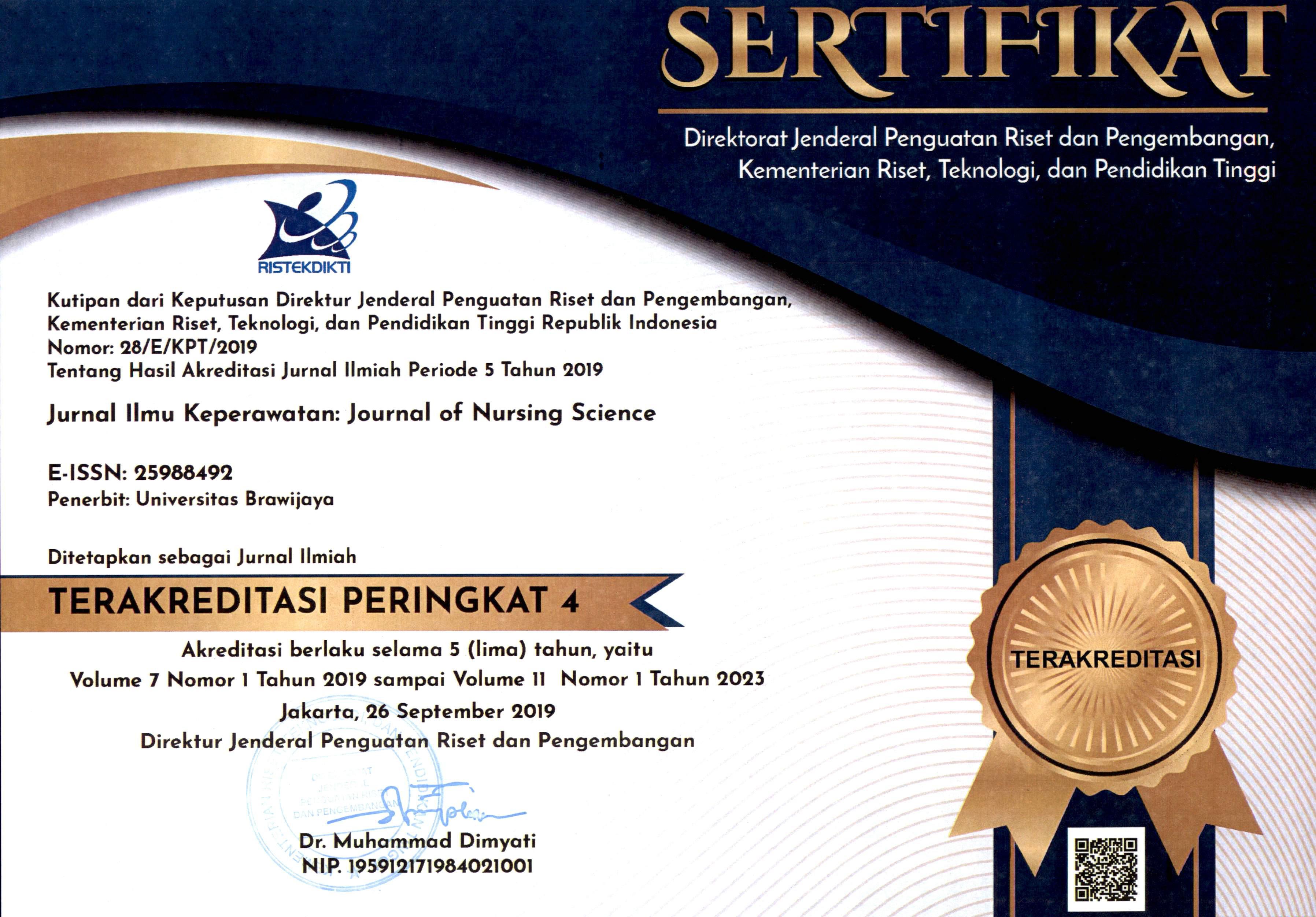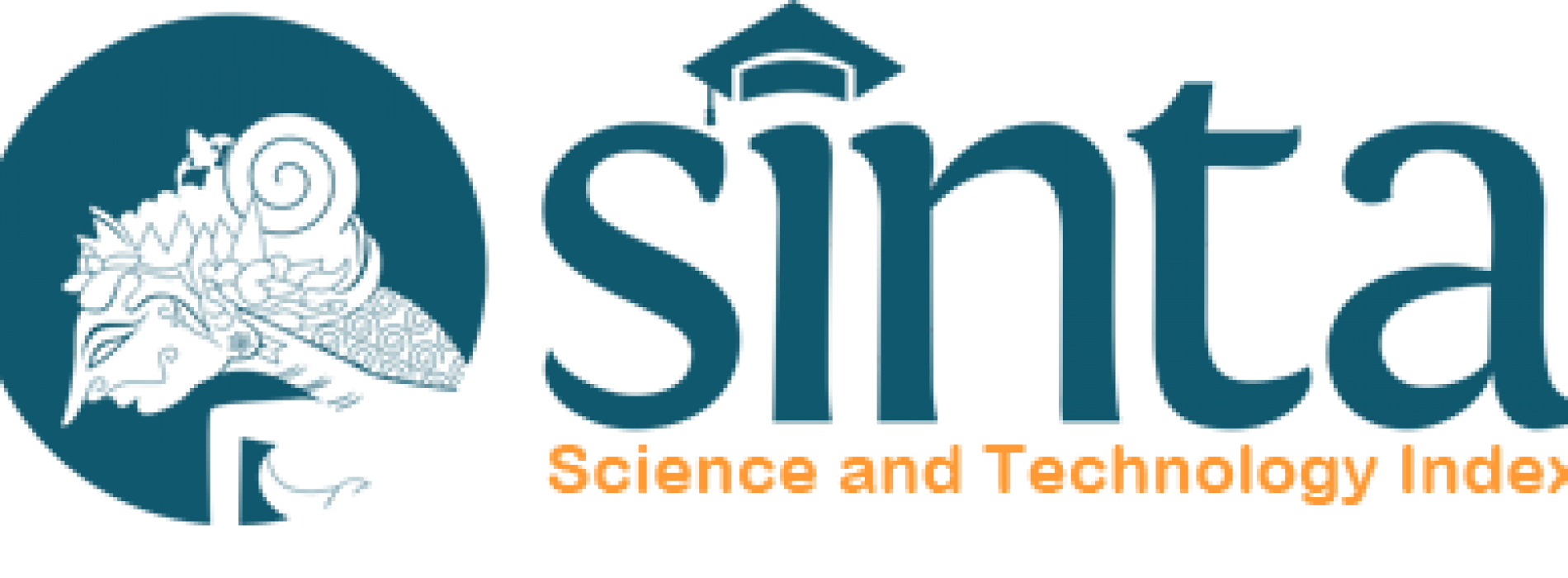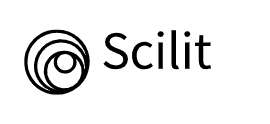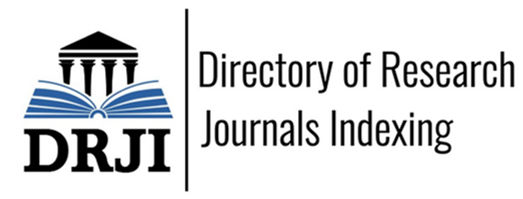CORRELATION OF PARENTING STYLES IN LANGUAGE DEVELOPMENT IN PRESCHOOLER
DOI:
https://doi.org/10.21776/ub.jik.2019.007.01.8Keywords:
Denver II, Parenting Style, Language Development, PreschoolerAbstract
References
- Abdullah, M. (2010). Pendidikan Karakter Membangun Karakter Anak Sejak dari Rumah. Yogyakarta: PT Pustaka Insan Madani.
- AlHammadi, F. S. (2017). Prediction of child language development: A review of literature in early childhood communication disorders. Lingua, 199, 27–35. https://doi.org/10.1016/j.lingua.2017.07.007
- Bandura, A. (1989). Social cognitive theory. In Annals of Child Development: Six Theories of Child Development (Vol. 6). Greenwich: JAI Press.
- Bingham, G. E., Jeon, H. J., Kwon, K. A., & Lim, C. (2017). Parenting styles and home literacy opportunities: Associations with children’s oral language skills. Infant and Child Development, 26(5). https://doi.org/10.1002/icd.2020
- Catts, H. ., Fey, M. ., Zhang, X., & Tomblin, J. . (1999). Language basis of reading disabilities: Evidence from a longitudinal investigation. Scientific Studies of Reading, 3, 331–361.
- Dedhia, P., Kravet, S., Bulger, J., Hinson, T., Sridharan, A., Kolodner, K., … Howell, E. (2009). A quality improvement intervention to facilitate the transition of older adults from three hospitals back to their homes. Journal of the American Geriatrics Society. https://doi.org/10.1111/j.1532-5415.2009.02430.x
- Dharma, K. K. (2011). Metodologi Penelitian Keperawatan. Jakarta: Trans Info Media.
- Fadhli, K. (2017). Prevalence and Social Influences of Delayed Language Development in Preschool-Age Saudi Children. International Journal of Scinece and Research (IJSR), 6(September), 1712–1720. https://doi.org/10.21275/ART20176403
- Hartanto, F., Selina, H., H, Z., & Fitra, S. (2011). Pengaruh Perkembangan Bahasa Terhadap Perkembangan Kognitif Anak Usia 1-3 Tahun. Sari Pediatri, 12(6), 386–390. https://doi.org/http://dx.doi.org/10.14238/sp12.6.2011.386-90
- Hindman, A. H., Skibbe, L. E., & Foster, T. D. (2014). Exploring the variety of parental talk during shared book reading and its contributions to preschool language and literacy: Evidence from the early childhood longitudinal study-birth cohort. Reading and Writing, 27(2), 287–313. https://doi.org/10.1007/s11145-013-9445-4
- Hockenberry, M. J., & Wilson, D. (2011). Wong’s Nursing Care of Infants and Children (9th ed.). United Stated of America: Elsevier.
- Hockenberry, M. J., & Wilson, D. (2013). Wong’s nursing care of infants and children (9th ed.). Canada: Elsevier.
- Hurlock, E. . (1980). Psikologi Perkembangan. Jakarta: Erlangga.
- Kementerian Kesehatan RI. (2012). Pedoman Pelaksanaan Stimulasi, Deteksi dan Intervensi Dini Tumbuh Kembang Anak Ditingkat Pelayanan Kesehatan Dasar. Jakarta: Departemen Kesehatan RI.
- Kol, S. (2016). The Effects of the Parenting Styles on Social Skills of Children Aged 5-6. Malaysian Online Journal of Educational Sciences, 4(2), 49–58.
- McLeod, S., & Harrison, L. J. (2009). Epidemiology of Speech and Language Impairment in a Nationally Representative Sample of 4- to 5-Year-Old Children. Journal of Speech, Language, and Hearing Research, 52(5), 1213–1229. https://doi.org/10.1044/1092-4388(2009/08-0085)
- Mulqiah, Z., Santi, E., & Lestari, D. R. (2017). Pola Asuh Orang Tua Dengan Perkembangan Bahasa Anak Prasekolah ( Usia 3-6 Tahun ). Dunia Keperawatan, 5(1), 61–67.
- Muryanti, M., Purnaningrum, W. D., & Tirtawati, D. (2013). Peran Pola Asuh Orang Tua Dalam Kemampuan Bahasa Anak Usia 4 – 5 Tahun. Interest : Jurnal Ilmu Kesehatan, 2(1), 172–174. Retrieved from http://jurnal.poltekkes-solo.ac.id/index.php/Int/article/view/52
- Musclish, M. (2011). Pendidikan karakter. Jakarta: Bumi Aksara.
- Revision, I. I. A. M., Archer, P., Frankenburg, K., & Dodds, J. (1992). The Developmental of the Lc, 89(1).
- Robinson, C. C., Mandleco, B., Olsen, S. F., & Hart, C. H. (1995). Authoritative, Authoritarian, and Permissive Parenting Practices: Development of a New Measure. Psychological Reports, 77(3), 819–830. https://doi.org/10.2466/pr0.1995.77.3.819.
- Shahshahani, S., Vameghi, R., Azari, N., & Sajedi, F. (2010). Validity and Reliability Determination of Denver Developmental Screening Test-II in 0-6 Year - Olds in Tehran, 20(3), 313–319.
- Suharsono, J. T. ., Fitriyani, A., & Upoyo, A. S. (2009). Hubungan Pola Asuh Orang Tua terhadap Kemampuan Sosialisasi pada Anak Prasekolah di TK Pertiwi Purwokerto Utara. Jurnal Keperawatan Soedirman, 4(3), 112–118.
- Tes, M., Ii, D., Ivantoni, R., & Muhimmah, I. (2015). Aplikasi Penentuan Tingkat Tumbuh Kembang Anak, 124–132.
- Vargas, E. . (2013). The importance of form in Skinner’s analysis of verbal behavior and a further step. The Analysis of Verbal Behavior, 29, 167–183.
Downloads
Published
How to Cite
License
Authors published in this journal agree to the following terms:
1. The copyright of the received article shall be assigned to the journal as the publisher of the journal. The intended copyright includes the right to publish the article in various forms (including reprints). The journal maintains the publishing rights to the published articles.
2. Authors may enter into separate additional contractual agreements for the non-exclusive distribution of the published journal version of the work (for example, posting it to an institutional repository or publishing it in a book), with acknowledgment of their initial publication in this journal.
3. Authors are permitted and encouraged to post their work online (e.g. in an Institutional Repository or on their website) before and during the submission process, as this can result in a productive exchange, as well as earlier and larger citations of the published work.
4. Articles and all related material published are distributed under Creative Commons Attribution-NonCommercial 4.0 International License or CC BY-NC 4.0 license.
JNSU is licensed under a Creative Commons Attribution-NonCommercial 4.0 International License or CC BY-NC 4.0 license.
Most read articles by the same author(s)
- Eka Wahyuningrum, Endah Marlinda, Apolonia Antonilda Ina, RELATIONSHIP BETWEEN DURATION OF PLAYING ONLINE GAMES WITH EYE VISION IN SCHOOL AGE CHILDREN , Journal of Nursing Science Update (JNSU): Vol. 8 No. 2 (2020)




























